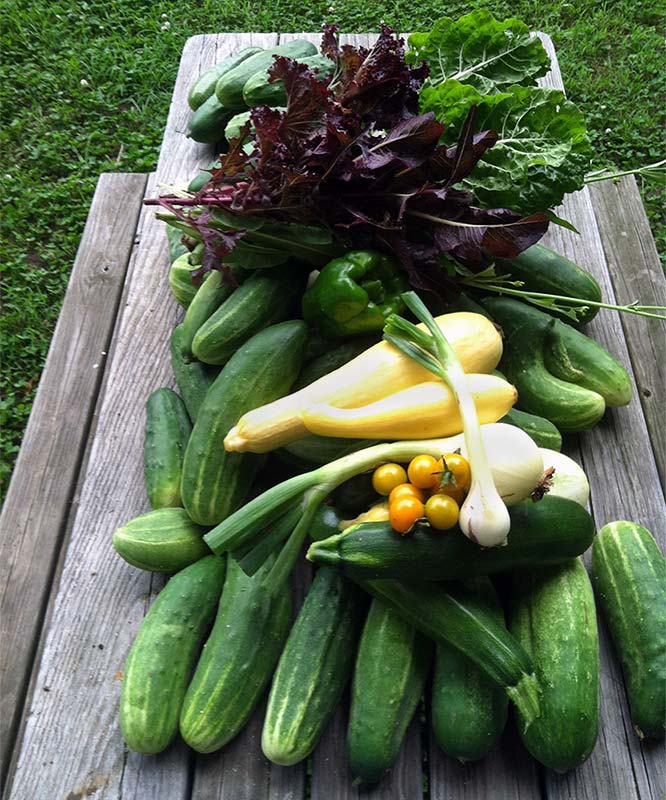As an herbalist and an integrative nutritionist, the question I am being asked is, “how can I take care of myself?” There are simple things we can do to tend ourselves. Take a moment and listen into what you need.
Breath
How is your breathing? When we are stressed breath becomes shallow. Take a deep, full breath right now, and repeat. Release any tension you may feel in your body. Notice the difference.
Water
Are you drinking enough water? Sip filtered water throughout the day. Often when we think we are hungry our body is telling us, “I am thirsty”. A body hydrated is a healthy body.
Sleep
How is your sleep? Are you getting 7-8 hours? Do you wake up feeling rested? Is there a rhythm in going to bed and waking up?
Movement
Create movement throughout the day. Enjoy short walks, saunter through a garden – or, garden! Bike, kayak, yoga, tai chi, mop floors, put on your favorite song and dance. Whatever it is that gets your body grooving and you moving!
Build Relationships
More than ever we need to connect, to support one another, to laugh and cry together. Let go of upset. It invades our thoughts and puts stressors on our body. Though social distancing keeps us 6 feet apart, the heart connection we share cuts across the miles and any barriers we may face. Get creative and offer compassion and love to family, neighbors and communities across world.

Food
Eat your greens! Add the colors of the rainbow food to your plate. Eat more whole foods and less processed foods. Limit your sugar intake. We have time to cook right now. Try a new recipe. Savor the food. Remember, food is medicine.
Healthy digestion is important for overall health.
One of the ways to support your digestion is through probiotics. Probiotics are beneficial bacteria to the body. Prebiotics are indigestible fiber foods that feed the helpful bacteria. Your GI tract houses around 70% of the cells that make up your immune system. The good bacteria keep a healthy balance in your digestive tract. Maintaining the health of the gut is an important way to support your immune system.
 Prebiotic foods – garlic, onions, leeks, asparagus, bananas, dandelion greens, and Jerusalem artichoke.
Prebiotic foods – garlic, onions, leeks, asparagus, bananas, dandelion greens, and Jerusalem artichoke.
Probiotic foods – look for these foods with “live and active cultures” on the label; sauerkraut, miso soup, kefir, kombucha, tempeh, kimchi, pickles, some soft cheeses like feta, and yogurt. Stay away from products that add a lot of extra sugar. Be mindful of foods high in sugar. Sugar feeds the bacteria that is harmful to our system.
Probiotic supplements that offer six or more different strains of good bacteria can help strengthen the different colonies throughout the digestive system.
Vitamin C – essential for the growth, development and repair of body tissue. It can help boost the immune system, aid in wound healing, assist in iron absorption, and support a healthy response to stress.
Foods such as papaya, citrus fruit, kiwi fruit, strawberries, peppers, spinach, kale and other dark leafy greens, sweet potatoes, cantaloupe, broccoli, cauliflower, and Brussel sprouts are rich in Vitamin C.
Vitamin D3 is needed for the absorption of Calcium and is important for the growth and development of bones. Vitamin D3 helps to support immune function. Our body naturally manufactures Vitamin D through sun exposure. It is estimated around 60% of the population is D3 deficient.
Vitamin D3 foods-wild caught salmon, sardines, tuna egg yolk, fortified foods such as milk, cereal, and yogurt.
Zinc – an essential trace mineral that supports the immune system and metabolism function. It helps in the growth and repair of body tissue.
Zinc food sources: seeds (like pumpkin, sesame seeds), nuts (like cashews, almonds), legumes (like chickpeas, lentils, beans), milk and cheese, good quality meats.
This article appeared in Isles Magazine.
Tele-Consulting
For those of you needing support, some of wellBeing Acupuncture offerings for continual health and wellness are now available through one-on-one sessions by phone or Skype.
Breathing Space: 35-minute sessions that explore the importance of Breath. Learn the physical process of breathing and the difference between vertical and diaphragm breathing. Step-by-step instructions on breathing exercises that help support respiratory health, circulation and release tension. Experience breathing meditations that can help settle the heart and spirit, enhance sleep, and ease stress and anxiety.
Herbal Consultations: In the tradition of Acupuncture and Herbal Medicine, this time together is to help enhance your health and wellness on a body, mind and spirit level. One-hour sessions include a 45-minute evaluation of medical history, family history, body system, signs and systems, and chief concerns. This is followed by a 15-minute follow-up for a personal assessment and treatment plan with an integrated herbal program, nutritional support and daily lifestyle shifts (such as movement throughout the day, breathing, sleep) to support your specific health concerns and wellBeing.
